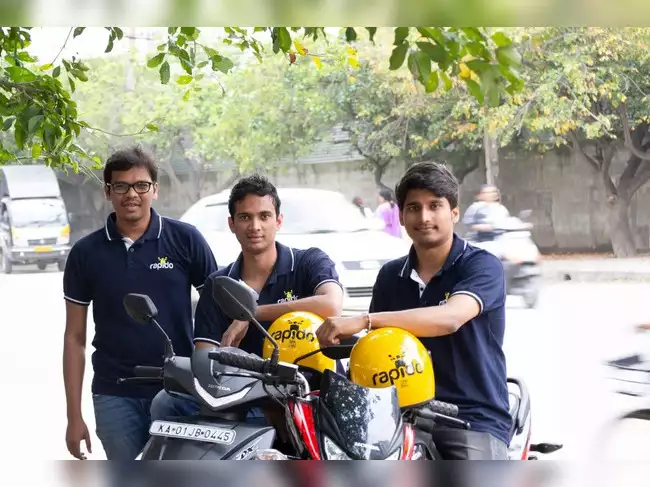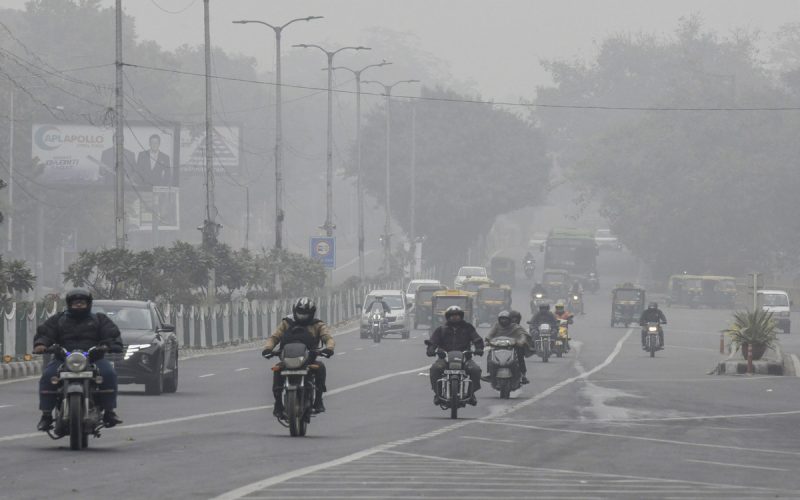
IIT KGP Alumnus led Rapido becomes Unicorn with fresh $120 million funding
The journey from idea to execution is a dynamic and thrilling adventure, where creativity meets action in a dance of innovation. It all begins with a spark—an idea that ignites imagination and hints at possibilities beyond the familiar. This nascent concept is then nurtured through careful planning and thoughtful creation, transforming abstract thoughts into tangible plans and prototypes. As the vision takes shape, execution becomes the thrilling final act, where strategy and effort converge to bring the idea to life. This phase demands not just commitment and precision but also a willingness to adapt and refine. The result is a…

